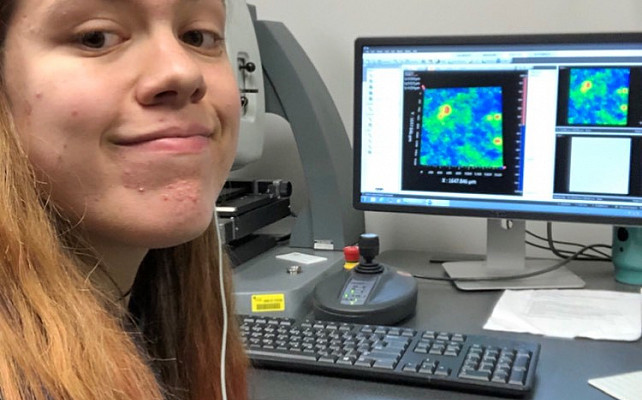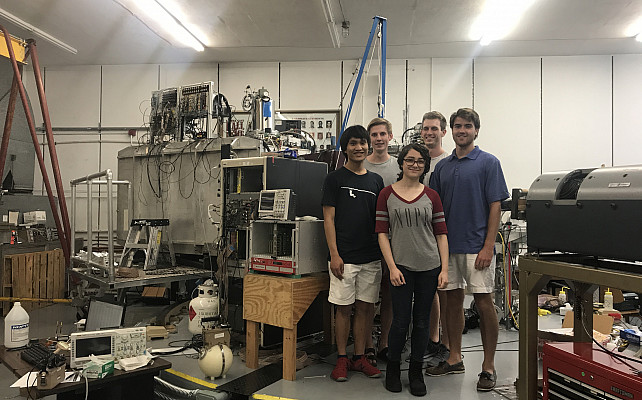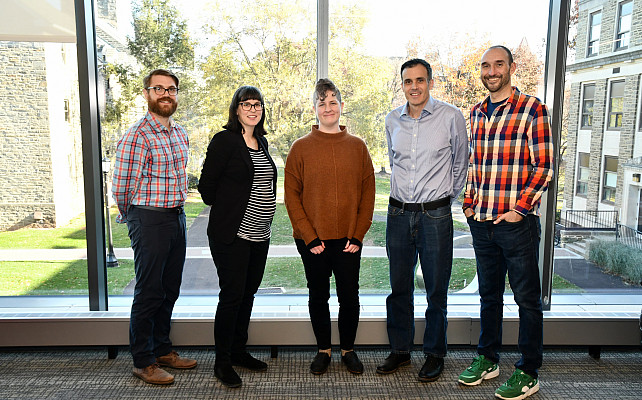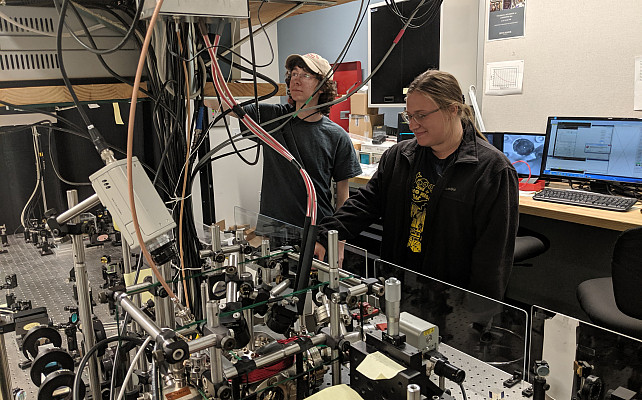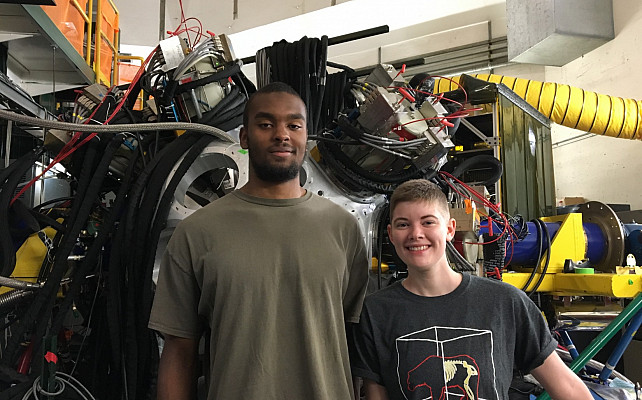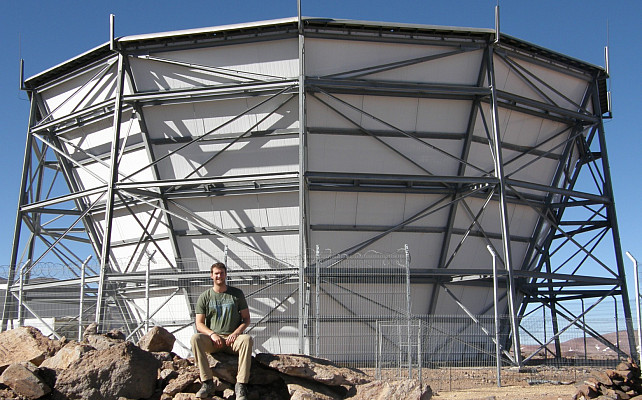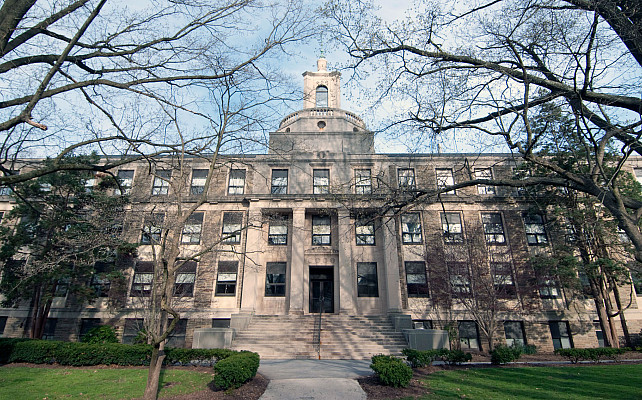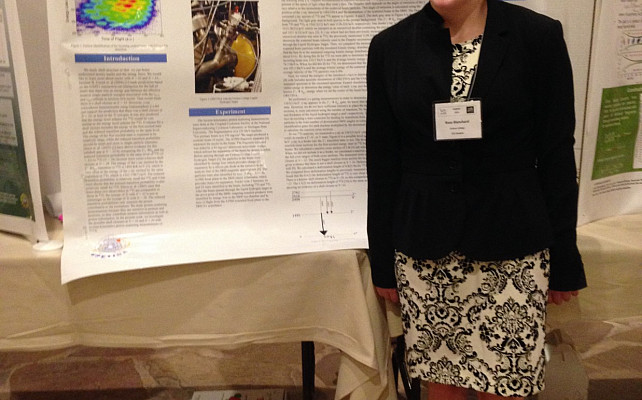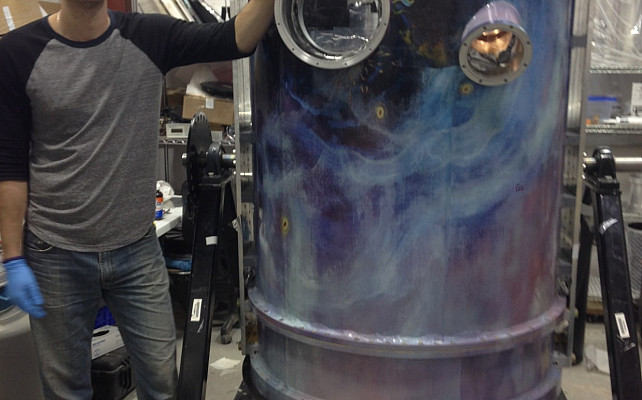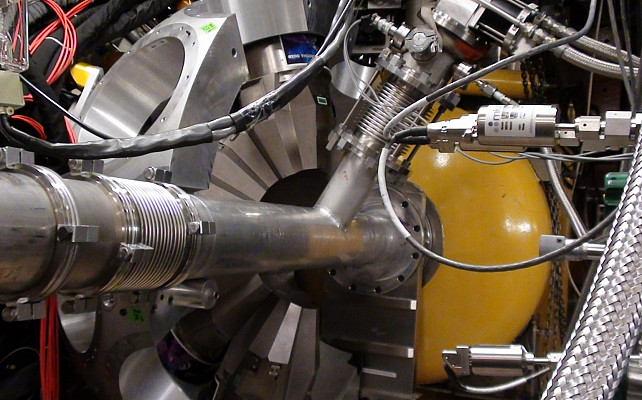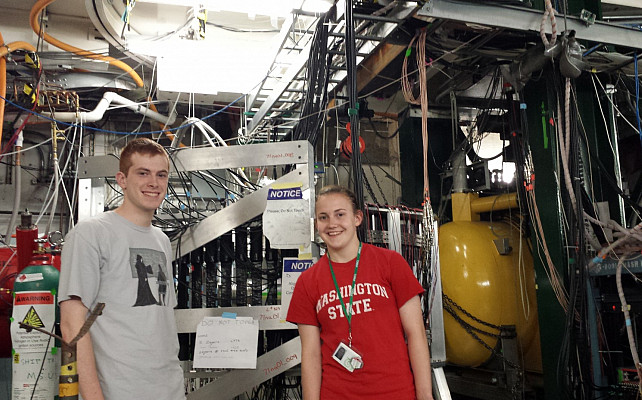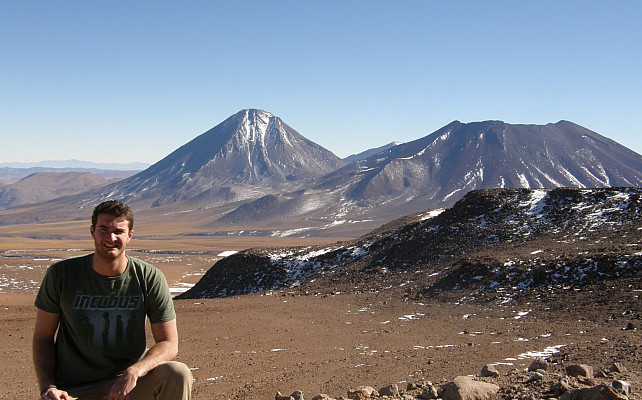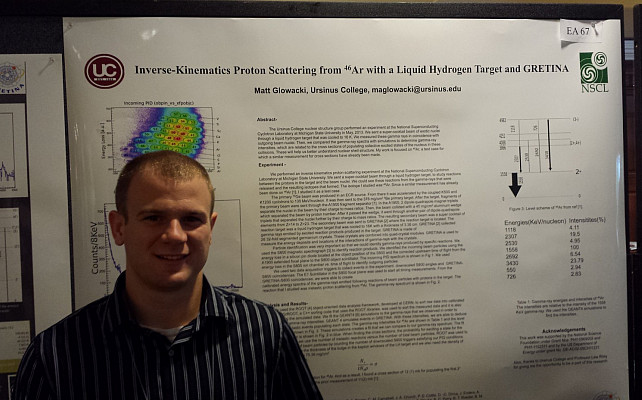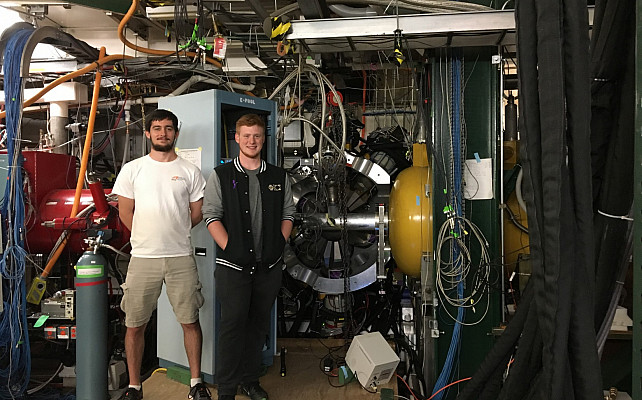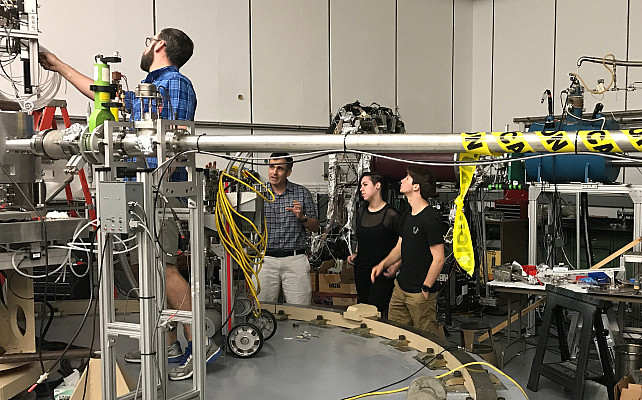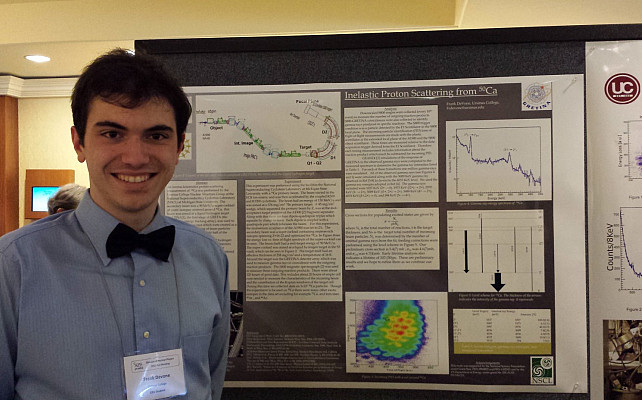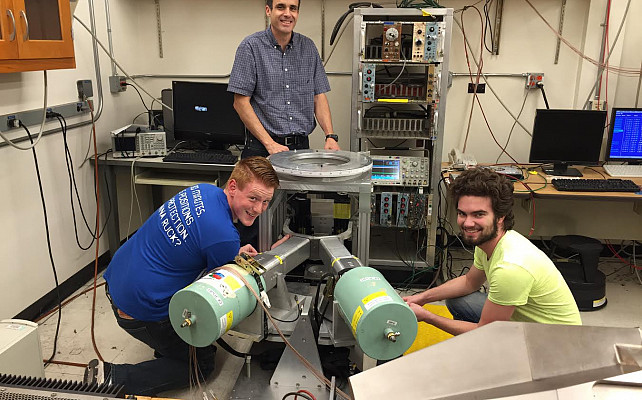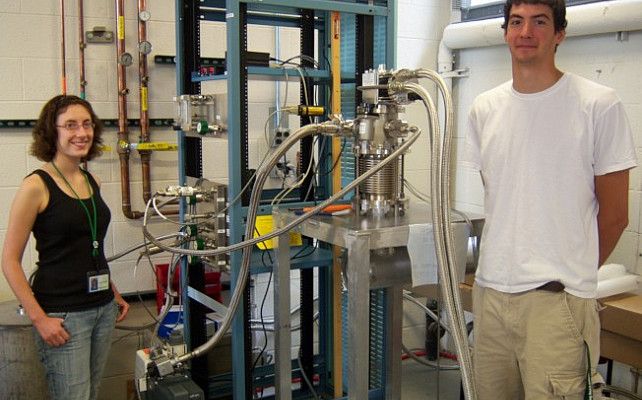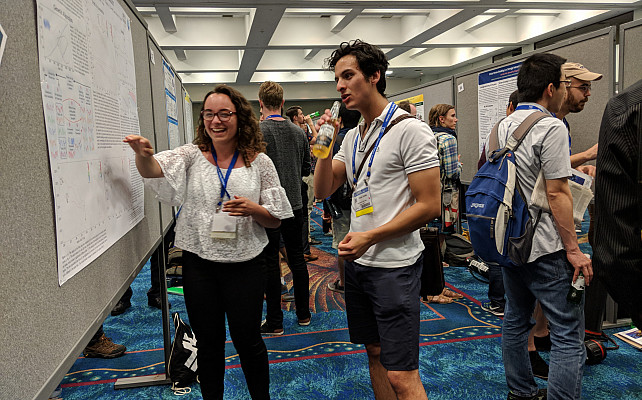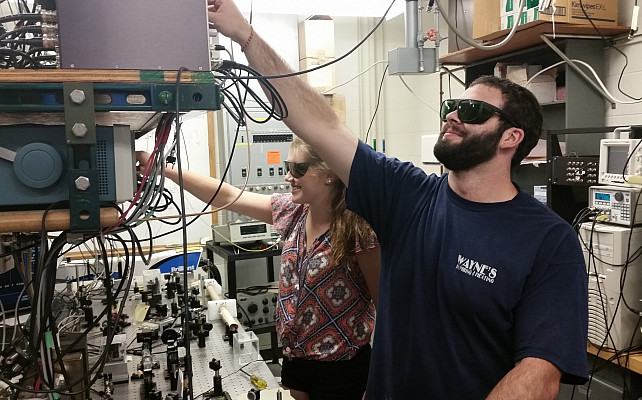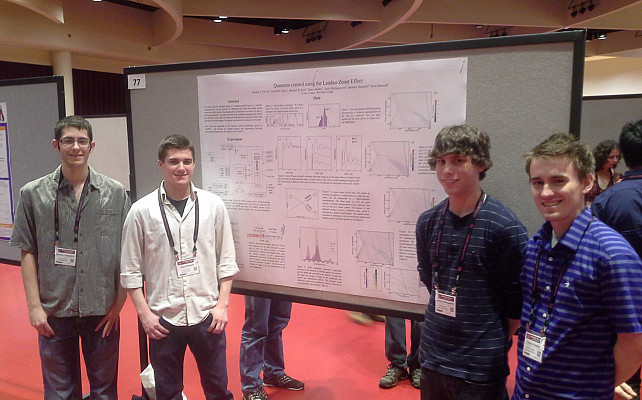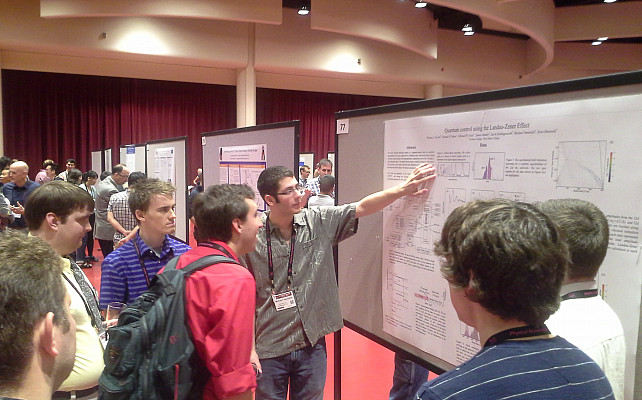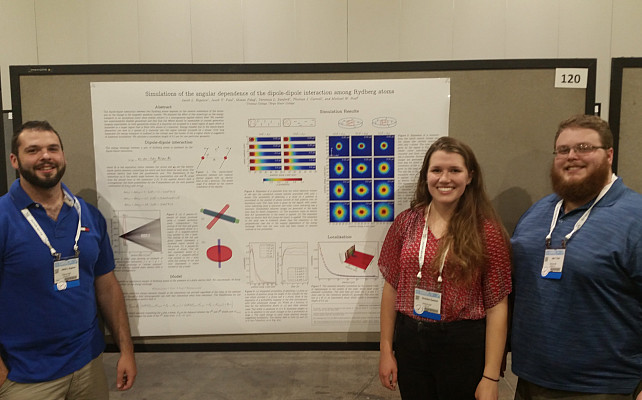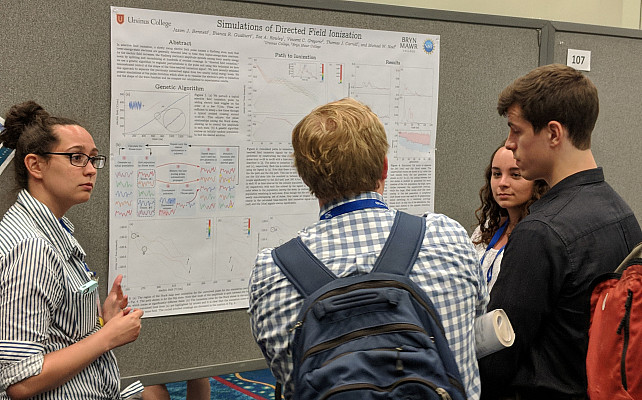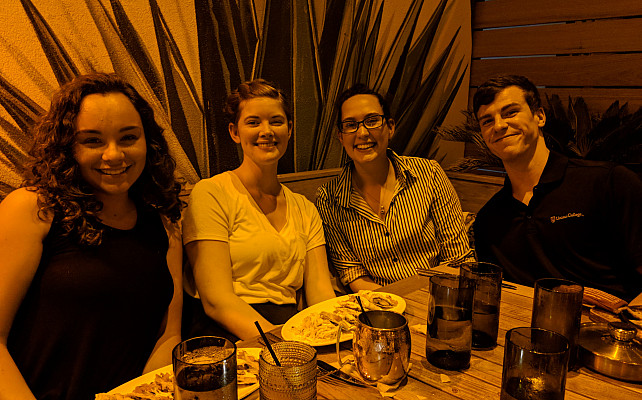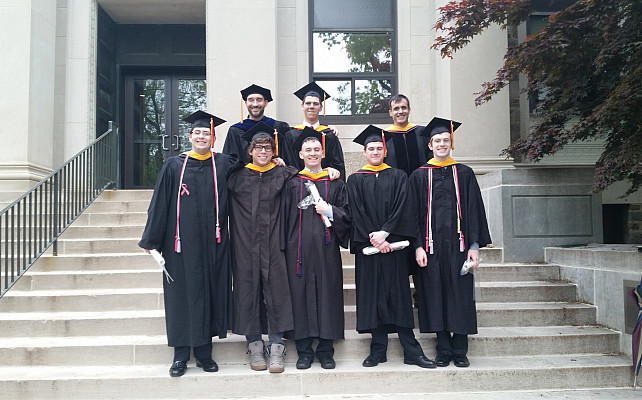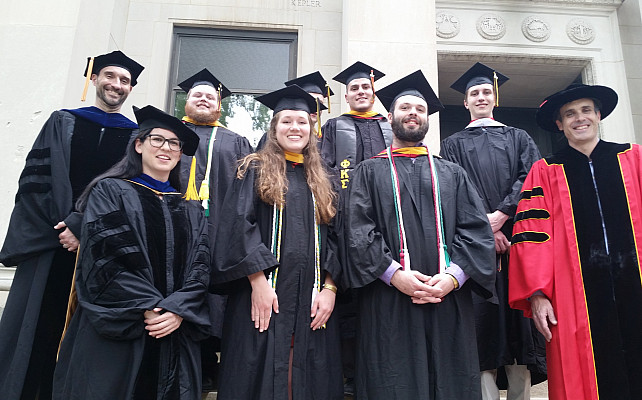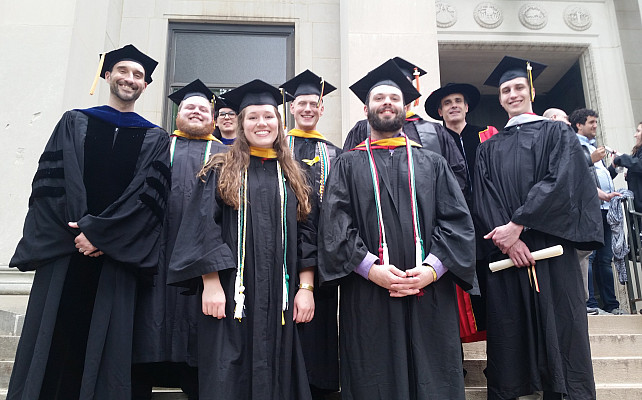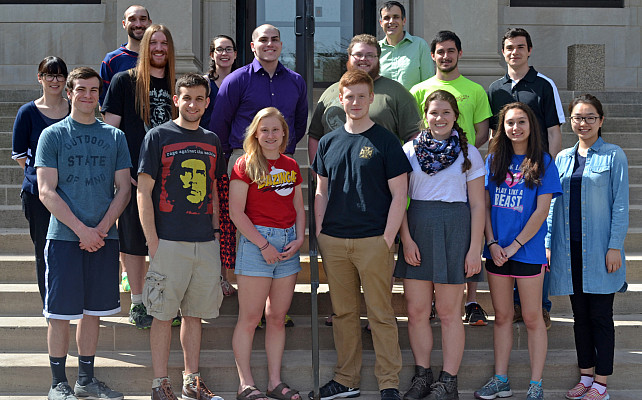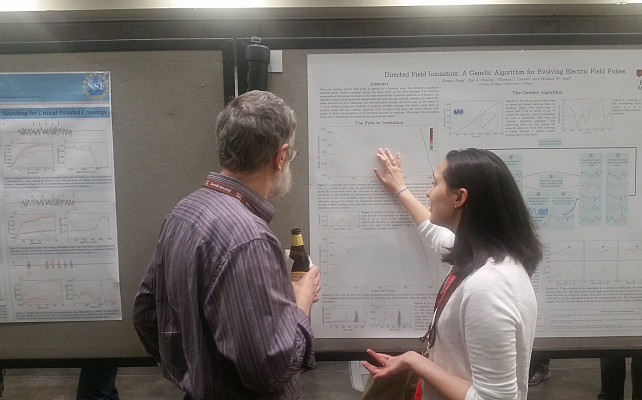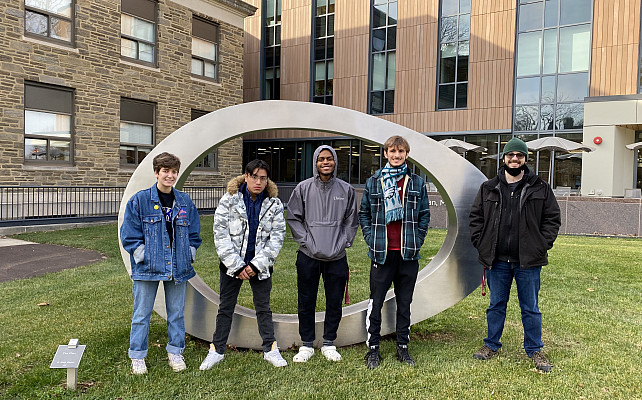Out of the adventure of discovery, comes remarkable new technologies.
Physicists study materials that suddenly become superconductors of electricity at low temperatures, develop new theories to describe the order behind apparent randomness, analyze data from the LIGO gravitational wave observatory to detect black-hole mergers, and use attosecond laser pulses to study and control the motion of electrons in molecules, among countless other topics.
There is a rhythm and pattern in natural phenomena that is apparent only to the trained, analytical eye. Ursinus helps students train that eye and prepare to challenge what is known in order to grasp what is unknown. Out of the adventure of discovery come remarkable new technologies—from supercomputers to micro machines; with those new technologies come new opportunities to improve our world.
What we offer:
Ursinus offers a major in physics, with optional applied physics and astrophysics tracks, and a minor in physics. All programs require students to study fundamental topics in classical and modern physics. Students think like physicists and work in our introductory and advanced laboratories. On Ursinus’ campus, Pfahler Hall is the home of physics and astronomy. It is a state-of-the-art facility recently renovated at a cost of over $15 million, featuring the Marsteller observatory on the top floor.
The pre-engineering program at Ursinus allows third-year students to apply to the engineering schools at Columbia University in New York City and Case Western Reserve University in Cleveland. Participants in the Pre-Engineering program can receive both a B.A. degree from Ursinus and a B.S. degree in engineering from one of our partner schools in a total of five years.
Meet the Faculty
Learn about our faculty, our research and the endless opportunities at Ursinus.
Quantum Creativity
Dr. Tom Carroll discusses the connection between Liberal Arts and Physics.
Summer 2024 Research Experience for Undergraduates (REU) opportunities (with UC connection)

